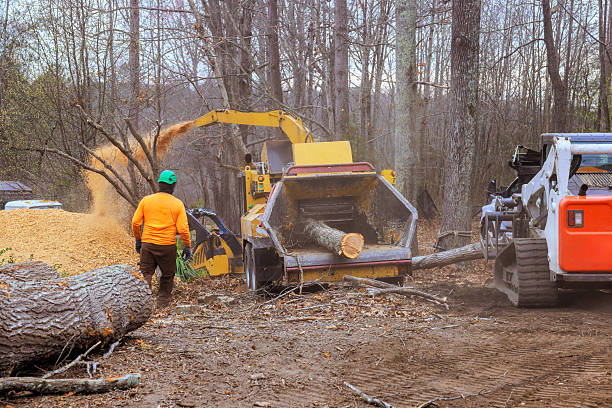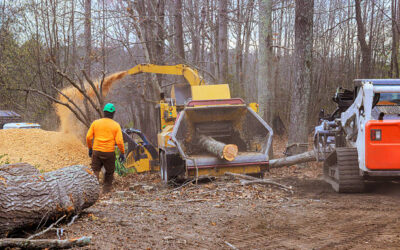The HVAC (Heating, Ventilation, and Air Conditioning) industry plays a vital role in keeping homes, offices, and buildings comfortable and energy-efficient year-round. With rising demand for climate control systems and energy-efficient solutions, a career in HVAC offers long-term job security, competitive pay, and opportunities for advancement. If you’re interested in hands-on work that blends mechanics, technology, and problem-solving, here’s how to launch your career in HVAC.
Why Choose a Career in HVAC?
The HVAC field offers numerous benefits, including:
- High demand – Every building needs climate control, and qualified technicians are always in demand
- Good pay – Entry-level wages are competitive, with potential to earn $60,000+ with experience
- Job variety – Work on residential, commercial, or industrial systems
- Career advancement – Opportunities to become a lead tech, supervisor, or business owner
- Hands-on work – Ideal for those who enjoy problem-solving, physical activity, and working with tools
Step 1: Understand the Types of HVAC Jobs
HVAC isn’t just one job—it’s a diverse field with multiple career paths:
- HVAC Technician – Installs, maintains, and repairs heating and cooling systems
- Installer – Specializes in setting up new HVAC equipment
- Service Technician – Focuses on diagnosing and repairing systems
- Controls Technician – Works with smart thermostats and automation systems
- HVAC Engineer or Designer – Designs systems for buildings (often requires a degree)
- Sales or Estimator – Evaluates customer needs and provides cost estimates
Step 2: Get the Right Education and Training
Most HVAC careers start with either:
- Trade school or technical college – Offers programs in HVAC fundamentals, electrical systems, refrigeration, and more
- Apprenticeship – Paid, on-the-job training under the guidance of experienced professionals (usually 3–5 years)
Common requirements include:
- High school diploma or GED
- Basic math, mechanical, and communication skills
- EPA Section 608 Certification – Required to work with refrigerants in the U.S.
Additional certifications from organizations like NATE (North American Technician Excellence) or HVAC Excellence can boost your job prospects.
Step 3: Build Experience and Skills
To stand out in the HVAC job market, focus on developing:
- Troubleshooting skills for diagnosing system issues
- Customer service abilities – especially for residential techs
- Knowledge of building codes and safety protocols
- Comfort with tools, wiring, and ductwork installation
- Time management and organization
Many employers prefer candidates with 1–2 years of experience, but entry-level positions and apprenticeships are widely available for newcomers.
Step 4: Find HVAC Job Opportunities
There are many ways to find job openings in the HVAC field:
- Online job boards – Indeed, ZipRecruiter, Glassdoor, HVACAgent.com
- Local HVAC companies and contractors – Check their websites or call directly
- Trade schools – Many offer job placement assistance for graduates
- Apprenticeship programs – Offered by unions, associations, or employers
- Temp agencies – Some focus on skilled trades and construction staffing
Use keywords like “HVAC technician,” “AC installer,” or “refrigeration tech” based on your interests.
Step 5: Continue Learning and Advancing
Once you start working, you can grow your career by:
- Earning advanced certifications (e.g., NATE specialties, energy efficiency, green building)
- Specializing in commercial, industrial, or high-efficiency systems
- Learning about HVAC automation and smart technologies
- Pursuing a license to become a contractor or business owner
- Moving into roles like service manager, operations supervisor, or project estimator
The more skills you master, the more earning potential and independence you gain.
Final Thoughts
HVAC is more than just heating and cooling—it’s a stable, high-demand career path with room to grow and specialize. With the right training, certifications, and mindset, you can enter the industry quickly and build a career that keeps people comfortable, buildings efficient, and your future secure. Start your journey today by researching local programs, apprenticeships, and entry-level jobs in your area.








